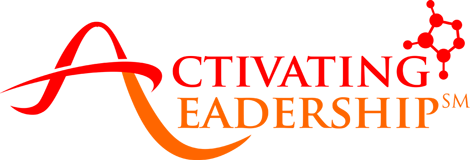Special Topics
1. Integrating Technology into Healthcare Leadership:
Information technology has become a necessary tool to manage healthcare administrative systems and patient care. Successful implementation of IT includes knowing how to use data to create better strategies that improve patient outcomes, patient experience, and wellness. This workshop will explore:
- designing information systems to streamline and enhance patient experience,
- using information and data for strategic decision-making,
- automating electronic medical records and insurance billing, and
- using information systems to manage education, prevention, and wellness.
- electronic patient communication,
- telemedicine,
- HIPPA requirements pertaining to electronic transmission of private health information.
2. Hiring and Staffing:
Learning how to recruit, screen, select, and on board healthcare staff is critical to creating an expert team to deliver results. This module will explore the best practices for hiring and staffing a top-notch team.
3. Project Change Management:
Major healthcare projects often succeed or fail not just due to the healthcare itself, but because of effective change management. Participants will learn how to effectively manage sponsors and stakeholders, and how to ensure processes, work teams and communication are designed to support healthcare implementation.
4. Diversity and Inclusion 101:
Diversity of people, experience, styles, and thinking enables healthcare leaders to develop creative solutions to customer problems, but it is often overlooked in the healthcare environment. Participants will brainstorm methods for increasing healthcare resilience and creativity by embracing and nurturing diversity up, down, and across their organizations.
5. Thinking Strategically:
Developing a strategic perspective is what separates average managers from top leaders. Participants will learn how to recognize the big picture, develop a shared vision, and align their organization around robust strategies that deliver results. Participants will learn how to:
- Assess market, legal, legislative, insurance, and patient trends,
- Understand technology trends and their impact on your organization,
- Assess internal strengths and weaknesses,
- Create a shared purpose, vision, mission,
- Evaluate risk and develop risk management strategies,
- Create a strategy map to reach your financial and patient goals,
- Create a roadmap for implementing strategic initiatives,
- Create a Balanced Scorecard to measure key outcomes and processes.
6. Fostering Creativity and Managing Innovation:
Managing innovation and fostering creativity are essential in the healthcare space if an organization is to maintain its competitiveness. This workshop will teach participants specific tools and methods that will help them foster a culture of innovation in their organization.
7. Women and Leadership:
Women in healthcare companies often hit the glass ceiling at lower levels of leadership. This module will help women understand the differences between how men and women tend to think and talk, which is critical to effective and accurate communication that promotes rather than stalls their career. Women will learn how to embrace their authentic voice and integrate empathy and authority into their leadership style.
8. Gender intelligence:
Despite the number of women in the workforce, corporate leadership models tend to be oriented toward men, resulting in an enormous waste of leadership potential. This module will explore the common behavioral and cultural differences between men and women that lead to fundamentally different solutions. Participants will learn how to create a robust hybrid culture that integrates the best of each.

